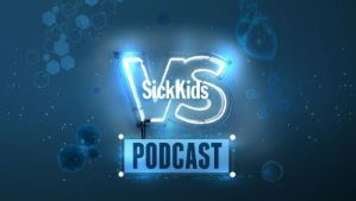Some survivors of teen cancer are at risk of health problems in the future because of their cancer therapies. These health problems are called late effects. There may also be a risk of cancer coming back in the future. Your teenager’s cancer care team will discuss late effects with you and your teenager and highlight specific risks related to your teen’s particular cancer and treatment.
Self-monitoring
It is important for survivors of teenage cancer to learn how to practice self-monitoring and to be monitored by a doctor throughout their adult lives. Your teen will learn skills to practice self-monitoring for signs of side effects during treatment, and for late effects after treatment ends.
If your teenager has been reporting symptoms to you to communicate to their doctor, encourage them instead to keep track of how they are feeling in a journal or by taking notes on their phone or laptop. In the beginning, you can keep the journal together then slowly transfer responsibility to your teenager. Have them bring the journal to appointments and encourage them to use it to describe their symptoms. Your teen can also write down any recommendations provided by their health-care team in their journal.
By encouraging your teen to record, describe and communicate their symptoms, you help them gain the skills they need to monitor and look after their health on their own in the future. If you have any questions about late effects or self-monitoring, talk to your child’s cancer care team.
Follow-up
Don’t forget to talk about the need for follow-up with your teen and to encourage them to attend all follow-up appointments. It is difficult to balance the desire to put cancer behind you with the need to talk about the increased risks of cancer relapse or other future health problems. However, this knowledge is necessary to your teen’s future health.
The resources page has links to more information about late effects and long-term follow-up. If you have questions, worries or concerns about late effects, please talk to someone on your teenager’s health-care team.
SickKids VS takes you to the frontlines in the fight for child health, where big questions drive big breakthroughs: Where do we start when a child’s disease is unknown? Can we heal the brain? How should we talk to kids about dying? Behind each quest, is a remarkable family and story. Listen now and subscribe.

